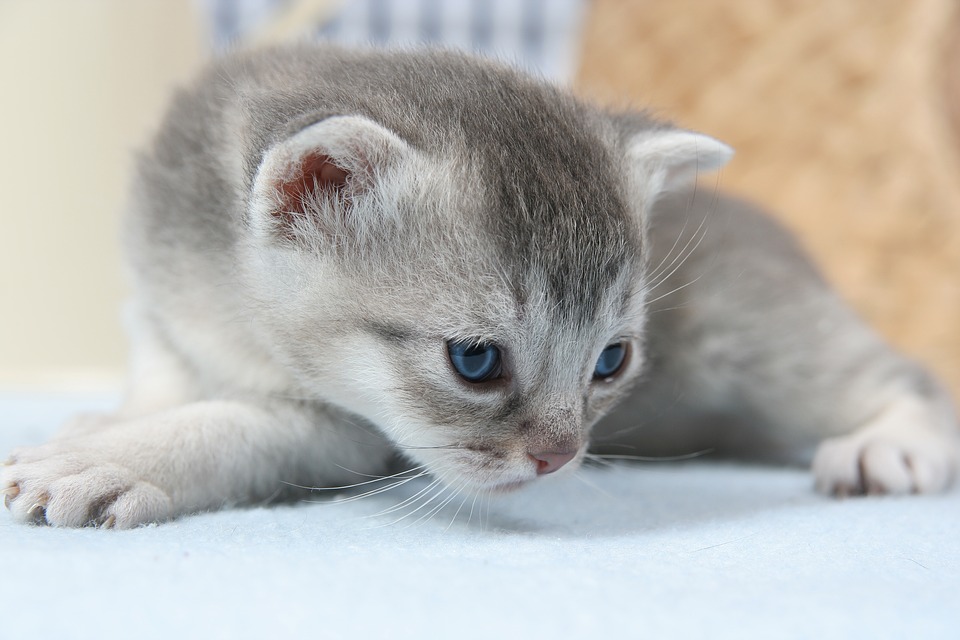
When the weather changes and you find yourself tucked into bed sneezing and sniffling with a cold, your cat may just be the type to take advantage of it and cuddle up for extra attention. While cuddling with your cat is comforting when you’re sick, you may wonder if cats can get colds?
Can Cats Get Colds?
Believe it or not, cats can get the common cold. In cats, it’s called feline upper respiratory disease. But your cat can’t catch a cold from you. The viruses that cause colds in cats come from totally different viruses, the calicivirus and herpesvirus.
The typical cold for a cat usually lasts a week to ten days. It can be spread to other cats via sneezing but don’t worry, you can’t catch a cold from your cat either. These viruses don’t affect humans. Colds that last longer than ten days or which have severe symptoms should be monitored carefully to prevent development of pneumonia.
What are Common Cold Symptoms for Cats?
Just like people, a cat with a cold with have a range of symptoms including coughing, sniffles, nasal discharge, sneezing, and even fever. Some cats may experience loss of appetite, painful sores in the mouth, or nose, or eyes. Your vet may want to take samples from these sores to culture and get an exact diagnosis.
If your cat seems to be breathing funny, especially with their mouth open, it could be a sign of congestion. Cats that are overly congested may stop eating or not eat as much. Make sure you pay attention to how much your cat is eating. Dehydration is also possible for cats who catch a cold.
How Are Colds Treated in Cats?
In most cases, a cat who catches a cold will begin to feel better without much intervention from you after about a week. If you notice that your cat is breathing with their mouth open, you can help reduce congestion by removing discharge, asking your vet for a decongestant, or boosting the humidity level in your house.
When you notice your cat has a cold that doesn’t seem to be going away, monitor carefully what they eat and drink. If you believe your cat is not eating normally or not drinking sufficiently, talk to your vet about whether any interventions are needed. Your vet may prescribe oral medication, ointments, or other anti-bacterial treatments to help stave off secondary infections which can take hold when your cat’s immune system is compromised.
In severe cases, your vet may recommend force feeding your cat or hospitalization to utilize a feeding tube or other medical techniques to head off problems. But for most cats, a cold will come and go without too much intervention needed from you. And the next time you catch a cold and feel like snuggling with your cat, don’t worry, cats aren’t susceptible to the viruses that cause colds for humans either. So, you can’t make your cat sick by giving them some extra attention and contact when you’re sick.